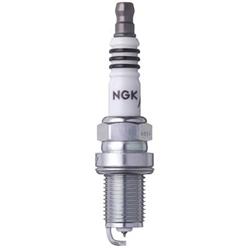They fit a Goldwing 1800 according to one site I stumbled across.
Woah! The planets have all aligned! In the past I bought two boxes of four plugs for my GL1800. I put six, of course, in the Goldwing, leaving two for who knows what. I just checked them, and you guessed it, they're BKR6E-11 plugs!
Last edited:





